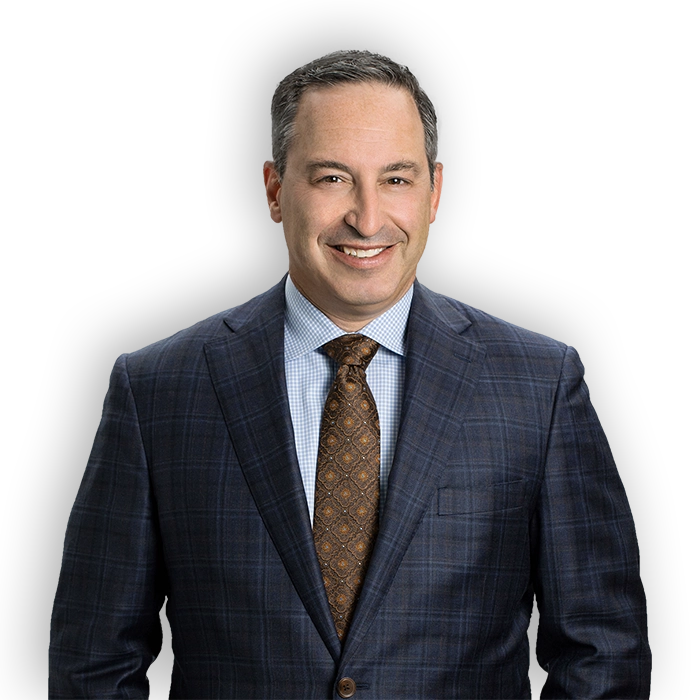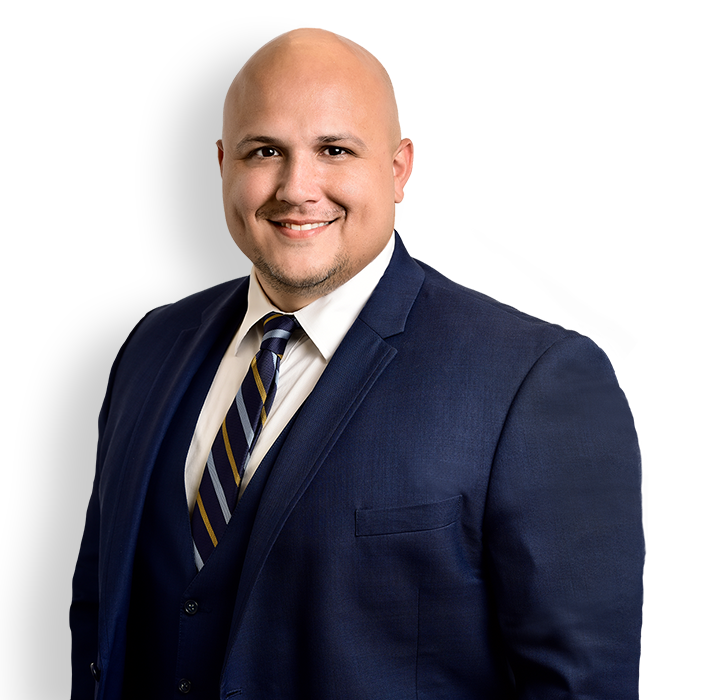Appellate Court Issues Important FCA/AKS Decision Requiring Whistleblowers to Show That Defendants Acted with Knowledge of Unlawful Action

In recent years, appellate courts, including the Supreme Court, have issued decisions that have reined in the U.S. Department of Justice in several areas of white-collar crime, restricting prosecutors from pursuing overly expansive theories of liability that stretched the boundaries of laws such as the wire fraud and honest services statutes beyond recognition. This trend may be extending to health care prosecutions as well, including the federal False Claims Act (“FCA”) and Anti-kickback Statute (“AKS”), which have long been thorns in the side of health systems, life science companies, and other health care providers.
On March 12, 2024, the Second Circuit issued an important decision in a whistleblower lawsuit brought pursuant to the AKS and the FCA. The AKS requires that the relator prove that a defendant acted knowingly and willfully. In this case, the court reiterated that a relator must demonstrate that the defendant had knowledge that its conduct was unlawful—a heightened standard of scienter. The relator’s complaint included the types of allegations that other courts have found satisfies the “willful” standard, but the Second Circuit rejected the relator’s allegations and dismissed the federal FCA count—demonstrating that the “willful” element has teeth. At the same time, the court allowed state law claims with a lower intent standard to survive.
The Case
In United States, et al., ex rel. Hart v. McKesson Corp. (“Ex Rel Hart”), relator Adam Hart brought a qui tam whistleblower case against McKesson, a pharmaceutical wholesaler under the federal FCA, based on a violation of the federal AKS and 27 analogous state laws. Hart alleged that McKesson offered physician practices free access to two valuable business management tools as inducements to purchase drugs from the company.
The District Court granted McKesson’s motion to dismiss, holding that Hart failed to adequately state a claim under the federal AKS because Hart did not sufficiently demonstrate that McKesson had the requisite scienter by acting “willfully.” The District Court also dismissed Hart’s state law claims, holding that the state claims were “premised” on the violation of the federal AKS, which Hart failed to sufficiently allege.
The Second Circuit affirmed the dismissal of the federal claim and upheld the District Court’s decision that, under the federal AKS, “willfully” means that a defendant must act with the knowledge that his conduct is unlawful, regardless of the defendant’s knowledge of the AKS. After considering the legislative history of the AKS, the Court stated that Congress, in crafting and amending the AKS, intended the term “willful” to “protect against criminal liability for unwitting defendants by requiring that a defendant act with knowledge that [their] conduct is somehow unlawful.” The Court also compared the AKS’ requirement that a defendant act “knowingly and willfully” against the FCA’s “knowingly” scienter, concluding that Congress, in materially differentiating the scienter requirements of the two statutes, intended to require “knowledge of illegality” to be culpable under the AKS.
After establishing the appropriate scienter within the AKS, the Court then considered whether Hart’s allegations sufficiently demonstrated that McKesson acted “willfully.” Hart alleged that McKesson offered the business management tools despite being well-aware of the AKS through frequent training, destroyed documents following the start of the litigation, and ignored concerns Hart raised to a supervisor and others that the tools violated company compliance policies. In many districts, this type of evidence has sufficed on a motion to dismiss to show that a defendant acted with the requisite level of scienter under the AKS. However, the Second Circuit carefully assessed the evidence and concluded that none of Hart’s allegations plausibly suggested that McKesson believed that its conduct was unlawful when it offered business management tools to physician practices. Notably, the Court found that there is insufficient evidence to demonstrate that McKesson acted “willfully” because McKesson did not take substantial steps to conceal its behavior or act in a manner to suggest that its’ employees and leadership believed the arrangement was unlawful. Moreover, although Hart’s allegations demonstrate his belief that McKesson acted contrary to company policy, not only is this different from opining that policies are illegal, but there were no allegations that anyone else at McKesson shared his concern. Because the relator did not demonstrate that McKesson believed its conduct was unlawful, the “willful” element of the AKS was not satisfied.
However, the Second Circuit reversed the District Court’s dismissal of Hart’s state claims. The court found that, although state anti-kickback statutes appear similar to the federal AKS, the state statutes have lower scienter requirements, lacking the “willfulness” element. Therefore, the relator could pursue state-law claims. This was still a positive outcome for McKesson because (1) it is unclear if the district court will retain jurisdiction over the state law claims, and (2) with federal Medicare claims stripped out, only Medicaid claims would be at issue in any litigation on the state-law claims.
At the same time, the Court ruled that state anti-kickback claims must be interpreted through the relevant state statutes, which may have lower scienter requirements, rather than the federal AKS with the heightened “willfulness” standard. Thus, while the federal AKS claim was dismissed, the defendant will still have to litigate the state law claims.
Key Takeaways
The McKesson decision is important because it offers a ray of hope to health care defendants facing onerous FCA lawsuits. In 2023, the Department of Justice recovered more than $2.5 billion in federal FCA settlements and judgments from over 1,200 new FCA matters.[1] Of these matters, a significant portion derived from allegations of federal AKS violations. The motion to dismiss phase of litigation is a crucial juncture for defendants, because if the case survives this stage, many defendants choose to settle rather than face the crushing costs and burdens of discovery and trial. All too often, courts allow relators to proceed on vague, flimsy allegations, resulting in a costly settlement.
If more courts follow McKesson and carefully scrutinize a complaint’s allegations, only complaints that allege truly fraudulent behavior will be litigated. And even though the state law claims were allowed to proceed, the applicable Medicaid claims will likely yield far less damages than federal Medicare claims, so relators may be less willing to litigate purely state law claims—particularly if they must do so in state, rather than federal, court.
[1] Press Release, U.S. Dep’t of Justice, False Claims Act Settlements and Judgments Exceed $2.68 Billion in Fiscal Year 2023 (Feb. 22, 2024).
Professional
For more information, please contact David Schumacher in Boston, Paul Garcia in San Diego, Sheryl Xavier in Washington, D.C., or your regular Hooper, Lundy & Bookman contact.


